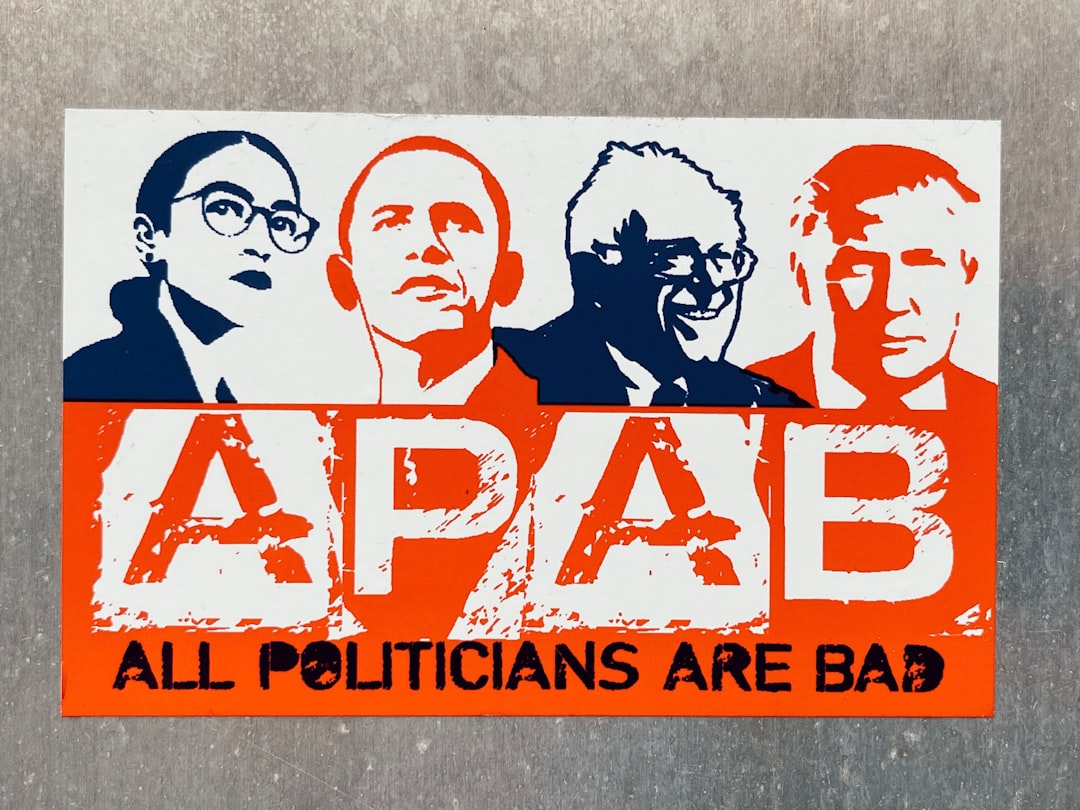Trump Drops Sanctions Bombshell on NATO: 'Just Say When?'

President Ties Major Russia Sanctions to Shocking 'Oil Ultimatum' for Allies
WASHINGTON – President Donald Trump has ignited a firestorm across the Atlantic, issuing a dramatic ultimatum that ties punishing new U.S. sanctions against Russia to a radical and unprecedented demand for his NATO counterparts. In a move that could fundamentally reshape Western policy, the President has drawn a line in the sand, declaring that America will not escalate economic pressure on Moscow until European allies make a drastic change.
The stunning condition was unveiled in a letter sent to NATO leaders, the contents of which the President later broadcast on social media for the world to see. “I am ready to do major Sanctions on Russia when all NATO Nations have agreed, and started, to do the same thing,” Trump announced, before dropping the bombshell prerequisite: “and when all NATO Nations STOP BUYING OIL FROM RUSSIA.”
This call for a complete and total energy boycott marks a significant escalation in the administration's strategy, shifting the immediate pressure from Moscow directly onto its European partners. Analysts immediately noted that such a demand would represent a monumental shift for the alliance, posing immense economic and political challenges for member states heavily reliant on Russian energy.
Trump did not hold back in his sharp critique of the very allies he is calling upon for unity. He openly questioned their resolve, stating that “NATO’S commitment to WIN has been far less than 100%.” He specifically targeted the continued energy trade, labeling the purchase of Russian oil by some nations as “shocking!” In his assessment, these transactions are a critical flaw in the alliance's strategy. “It greatly weakens your negotiating position, and bargaining power, over Russia,” he asserted, publicly chastising his partners for a policy he views as self-defeating.
The message concluded with a simple yet confrontational challenge, effectively putting the entire alliance on the clock and daring them to act. “Anyway, I am ready to ‘go’ when you are,” he wrote. “Just say when?”
This high-stakes gambit places European leaders in an incredibly precarious position. They now face a difficult choice: either comply with Washington’s terms and risk severe domestic economic disruption, or refuse and expose a major public fracture in the united front against Russian aggression. The future of coordinated Western sanctions now hangs precariously in the balance, awaiting a response from a stunned and divided Europe.


